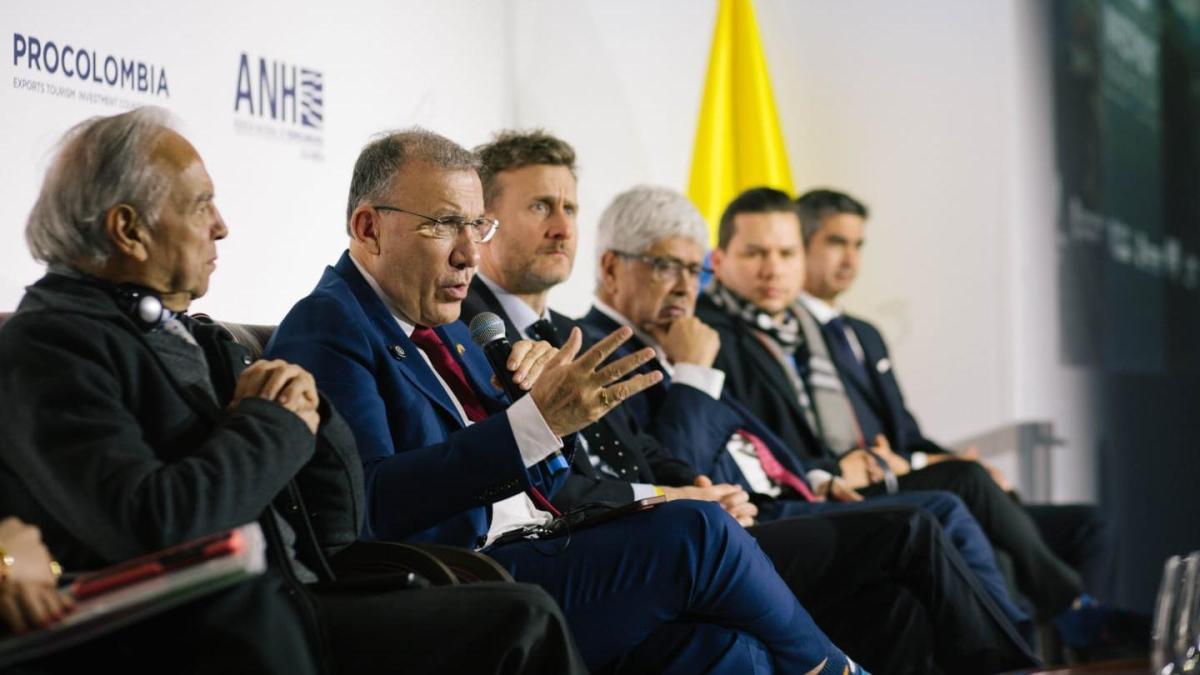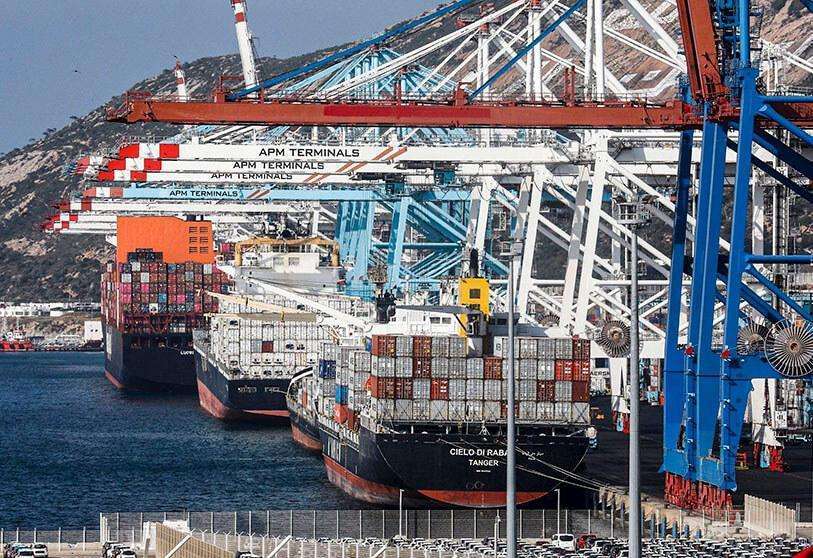MADRID, April 29. (EUROPEAN PRESS) –
Sudan’s Chargé d’Affaires in Britain, Khalid Mohamed Ali Hasan, partially blamed the current conflict between the Army and the paramilitary Rapid Support Forces (RSF) on “negative pressure” from the international community in adopting the so-called Marco Agreement, an initiative developed by the military for the transition to civilian rule, finally collapsing with the start of fighting on April 15.
This framework agreement eventually collapsed due to differences between the Army leader, Abdelfatá al Burhan, and the paramilitary leader Mohamed Hamdan Dagalo, alias ‘Hemedti’ over the integration of the RSF into the regular ranks.
In addition, various Sudanese civil and political groups refused to participate in the negotiations, suspecting that the military had no intention of relinquishing power and opted for an alternative path of talks, based in Cairo, which were eventually abandoned due to lack of support.
“You should know that we have always told the UK that the framework agreement can eventually create what we are seeing now,” said the business manager in an interview with Arab News, where he specifically addressed the main points of conflict between Al Burhan. and ‘Hemedti’, the term for the integration of paramilitaries in the Army.
“In the previous discussion workshop, ‘Hemedti’ stated that he would only accept integration within a period of ten years. Why is it taking so long, when the Army thinks two is enough?”, he stressed.
“The Army knows the paramilitaries well, they know the personnel, their salaries depend on the Army. We are not talking about rebel movements that are difficult to integrate. Ten years is a long time, and this period is one of the reasons we attended this fight,” he added.
Hasan also lamented the absence of “very important political figures” participating in the peace agreement signed in 2020 in Juba between the then Sudanese government and the country’s five main rebel armed groups, under the umbrella of the so-called Sudanese Revolutionary Front. Some of these leaders, such as the head of the Justice and Equality Movement, Jibril Ibrahim, are opposing members of the Framework Agreement.
In general, Hasan is confident of the victory of the Sudanese Army in the conflict, but calls on the international community to understand the conflict as an “uprising”, not a “battle between equals”.
“The Sudanese army is a professional army that is over 100 years old, competent and made up of recruits from all over Sudan. They represent different ethnicities and tribes, and they can all see themselves in this army, which is responding to this attack by rebel groups. “, has been resolved.

“Entrepreneur. Internet fanatic. Certified zombie scholar. Friendly troublemaker. Bacon expert.”






